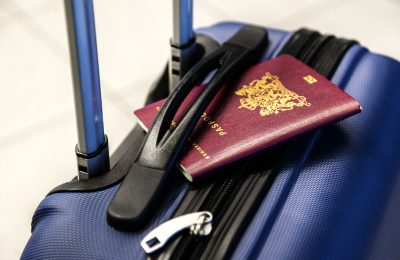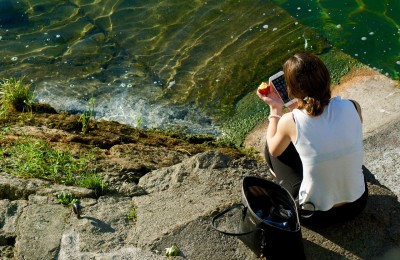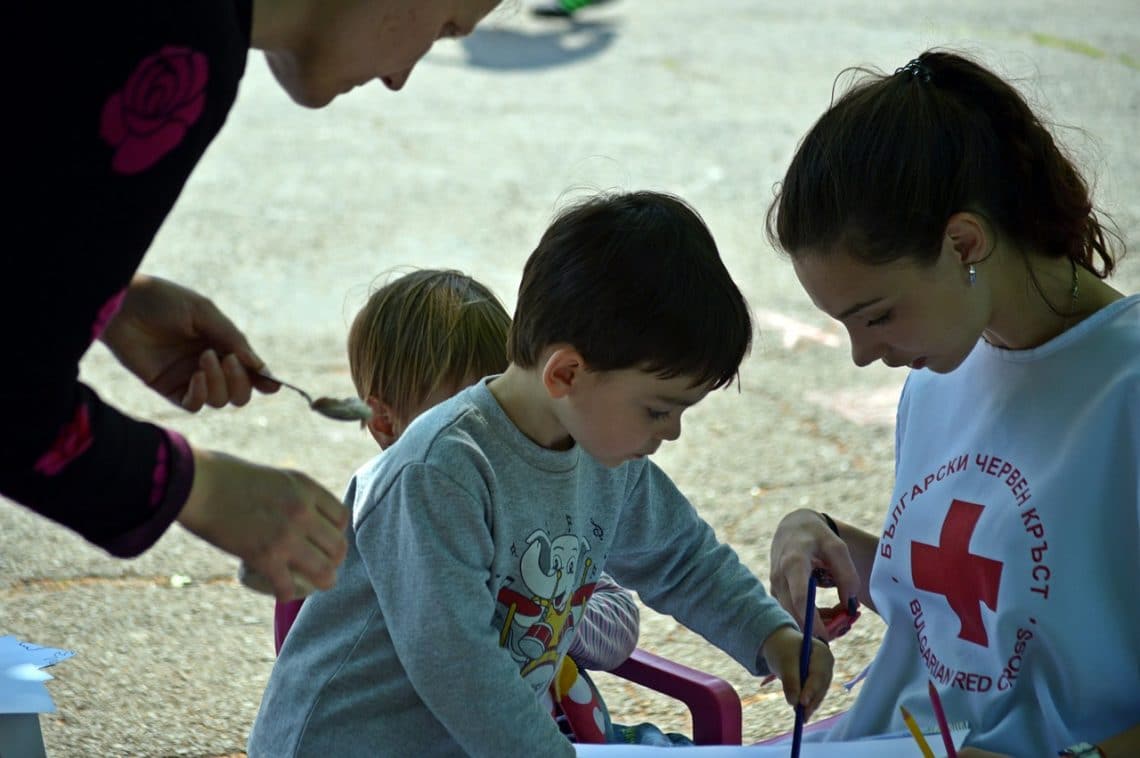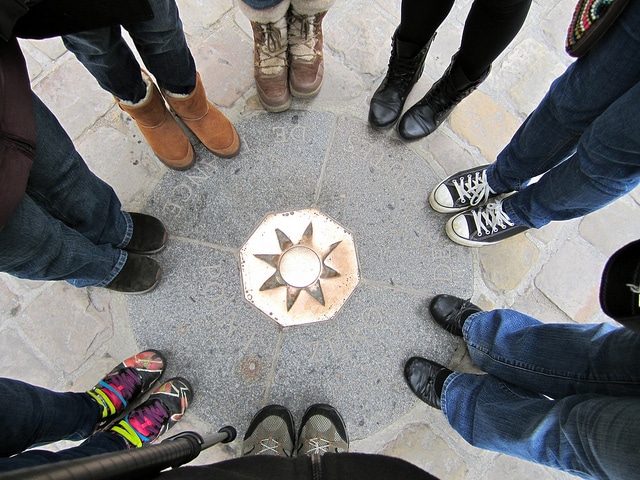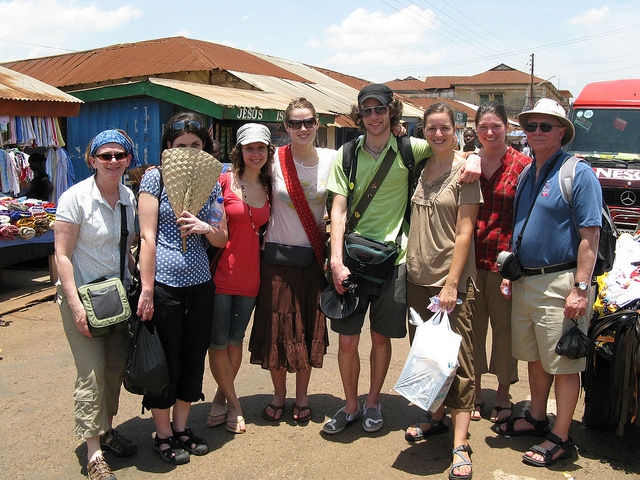Going abroad can seem like a strange interlude, as you essentially drop everything and put your life back at home on hold. But that doesn’t mean that you have to give up all of your hobbies and interests when you’re abroad– in fact, keeping up with your hobbies and participating in extra curriculars can be the perfect way to make friends and feel more at home while you’re studying abroad. When I studied abroad in Russia, I took belly dancing classes and loved it!
Here are five reasons why you should get involved in activities outside of class while you’re abroad.
1. You can practice your language skills
Extracurricular activities are a great time to practice speaking and listening skills. It’s also an opportunity to practice language in real life – on the soccer field, in a cooking class, or in a swimming pool. You will learn to understand people when they are yelling, out of breath or when their voice is almost drowned out by the sound of sauteing vegetables. You’ll also end up learning a lot more slang, idioms and informal language than if you just stick to learning inside the classroom.
In addition, you’ll learn a lot of vocabulary specific to your interests. I took a cooking class when I lived in Paris, and I learned an all sorts of cooking terms that I would never come across in a book or in one of my journalism classes. Now I rarely have to look up a word when reading a recipe in French, and I am probably more confident talking about cooking in French than just about anything else.
2. You’ll meet people who share your interests
When you’re abroad, it is easy to meet a) other Americans who are studying abroad, and presumably share your interest for studying abroad, b) other foreign students from around the world and c) locals who are interested in learning English and studying abroad themselves.
But it’s harder to meet locals who, for example, like to hike. Or play the guitar. Or… whatever you’re in to. Joining some sort club or class based around a hobby you enjoy is an excellent way to meet locals who value your company for more than just your native language or the fact that you are American.
In my cooking class, I was able to talk about cooking with the other students in my class, while few of my other acquaintances and friends seemed very interested in cooking techniques.
Read next: How to Be Respectful of Other Cultures While Traveling
3. It will help you feel less homesick
Boredom = homesickness. If you have too much time on your hands, you will have much more of an opportunity to think about all of the things you miss from back in the states. If you fill up your time with stuff that you enjoy, you’ll have less time to think about those things.
Feeling isolated from the rest of society is also a quick and easy way to feel homesick. Participating in extracurricular activities is the best way to fight homesickness, because….
4. You will feel more “culturally integrated”
Having a regular, non-school (or at least non-academic) activity will also make you feel more integrated into life where you are living abroad. You will have a broader range of acquaintances, including people you would never otherwise meet – people of all ages and professions. You’ll connect with people who share your interests and maybe even some role models who will inspire you to travel or in your career choices.
The students in my Parisian cooking class came from all parts of society. There was a doctor, a construction worker and a teacher. The class was taught by a woman who had a doctorate in art history but had grown up in a family of restaurateurs. Meeting these people and bonding over foie gras and croissants (we made both from scratch) helped me experience a much wider range of Parisian society. Most importantly, I felt like a part of Parisian society.
5. You’ll deepen your knowledge about the host culture
There are a lot of hobbies that actually allow you to get to know the country you are living in better. If you like music, then playing music that is popular in your host country will deepen your understanding of the culture. So will learning to cook the local food, hiking around the country and even playing sports (especially if you take up a sport that isn’t often played in the US, like cricket or rugby).
Read next: How to Make Friends With the Locals While Studying Abroad
How to find activities to participate in while abroad
Start by looking in to clubs and teams at your university. Otherwise, look for activities in the same places you would at home: dance studios, community centers, gyms. Ask your host family or teachers if you are looking for something in particular and can’t find it. Some places (such as Paris) have city-financed community centers with low-cost classes and activities of all kinds, and that is a great place to look if you’re on a budget.
Also take a look at Meetup.com and Couchsurfing’s events section— you can even find things to do with people from all over the world.
What activities would you like to participate in while studying abroad? How did you find some extracurriculars to do? Let us know in the comments!
Photo credit: The LEAF Project via Flickr
















